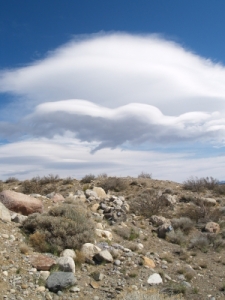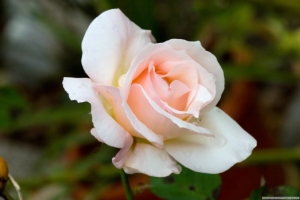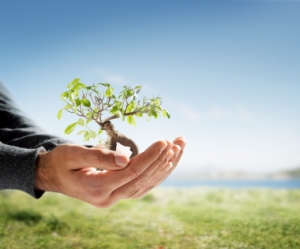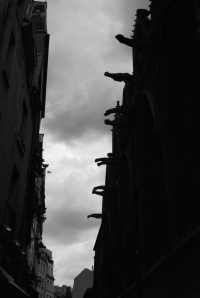 The recent demise of Osama Bin Laden (couldn’t help but think when listening to Obama that night, “Those that live by the sword shall die by the sword”) on the Pakistan and Afghani border has renewed interest in al-Qaeda and their kin, the Taliban.
The recent demise of Osama Bin Laden (couldn’t help but think when listening to Obama that night, “Those that live by the sword shall die by the sword”) on the Pakistan and Afghani border has renewed interest in al-Qaeda and their kin, the Taliban.
We have our men and women giving their lives in that region on a daily basis and in many instances, fighting against Taliban insurgencies. Some may not need to know more than the fact that they are radical Islamists who systematically violate human rights. Yet to make any lasting progress and attending peace, we must begin to have at least a rudimentary grasp of the cultural and historic constructs by which their very existence was created.
So who are the Taliban?
 In brief, the liberation of Afghanistan from Soviet occupation in 1979, left a vacuum of leadership in an already war-torn country.
In brief, the liberation of Afghanistan from Soviet occupation in 1979, left a vacuum of leadership in an already war-torn country.
Afghanistan, primarily a Sunni country, had previously enjoyed but a fragile unity, offset by the realities of its multiethnic tribal society (Pathans, Pashtuns, Uzbeks, Tajiks, and Persian-speaking Shiites in the West).
The mujahideen (Muslim militia) who were lauded the world over (the US providing arms and aid) for driving the Soviets out, pasted together a mujahideen government which quickly fell prey to a bloody power struggle. Mujahideen leaders (or perhaps more accurately, warlords) vied for supremacy, resulting in more deaths and devastation than its liberation cost.
An 18 year civil war ensued between the ancient tribal, ethnic, and religious rivalries.
 And then, the seemingly endless state of carnage and chaos was abruptly reversed. As if out of nowhere, a band of students (taliban) from the madrassas (schools whose primary purpose is the teaching of Islamic law and related religious subjects) appeared in 1994 and within two years swept the country.
And then, the seemingly endless state of carnage and chaos was abruptly reversed. As if out of nowhere, a band of students (taliban) from the madrassas (schools whose primary purpose is the teaching of Islamic law and related religious subjects) appeared in 1994 and within two years swept the country.
Denouncing the warlords, they claimed the mantle of moral leadership as representatives of the Afghan majority who were victims of the internecine warfare. Although initially portrayed as young students from the madrassas with no military background, they were in fact a force of mullahs and taliban, religious leaders and students. The mullahs were primarily veterans of the Afghan-Soviet war, who returned to the madrassas (the religious schools) with harsh battle experience but little in the way of real religious education.
Because little was known about the Taliban and they were portrayed simply as young students from religious schools, inexperienced in warfare and poorly armed, they were initially not taken seriously. In time they proved to be a formidable force, feared by warlords but embraced by ordinary citizens. They were hailed as liberators who secured towns and made the streets safe.
However, soon, the Taliban’s strict form of Islam soon became an issue.
Like al-Qaeda with its puritanical notions of Islam (known as Wahhabism, springing from Saudi Arabia), the Taliban segregated the sexes outside the home, closed girls’ schools, required that women be fully covered in public, and banned women from the workplace. Television, cinema, and music were also banned.
Most austerely, they re-instituted ancient (hudud)punishments, taking only literal translations of the Quran and hadiths, such as amputation for theft, un-tried death for murder, and stoning and/or death for adultery.
This is a convoluted interpretation of Islam.
 The notion of the law in Islam is expressed by two different but semantically related terms: sharia (the “way” or method set out by God) and fiqh (the “understanding” of application of this method in specific cases). While speaking about Islamic law, informed Muslims use the term sharia to connote the sacred law as a global concept or ideal, while fiqh is used to connote the ongoing interpretation of the law through the schools (four Sunni and one Shiite) of judicial practice.
The notion of the law in Islam is expressed by two different but semantically related terms: sharia (the “way” or method set out by God) and fiqh (the “understanding” of application of this method in specific cases). While speaking about Islamic law, informed Muslims use the term sharia to connote the sacred law as a global concept or ideal, while fiqh is used to connote the ongoing interpretation of the law through the schools (four Sunni and one Shiite) of judicial practice.
From the earliest days of Islamic history, knowledge of the law was regarded by Muslims as essential knowledge, the very epitome of “science” (ilm) itself. But the science of the law, like any other science, does not stand still. Ideal principles are useless unless they are put into practice, and the changing conditions of Islamic society demanded new interpretations and applications of the way. For this reason, the interpretative science of fiqh was developed in the first Islamic century (about 1400 years ago) .
 Yet in the past century, Islamic law has been weakened considerably. With the resented substitution of Western notions for Islamic conceptions of justice under colonialism, attempts by authoritarian regimes to bypass the judicial process, and the lack of standard religious training (makeshift madrassas an enormous problem) have conspired to undermine the status of fiqh.
Yet in the past century, Islamic law has been weakened considerably. With the resented substitution of Western notions for Islamic conceptions of justice under colonialism, attempts by authoritarian regimes to bypass the judicial process, and the lack of standard religious training (makeshift madrassas an enormous problem) have conspired to undermine the status of fiqh.
A common belief fostered by the Taliban and modern political Islamists in general is that only the sharia-but not fiqh- constitutes the true law of God. They actually want the elimination of fiqh (interpretation). They see it as a source of dissension that undermines Muslim unity.
This negative view of Islamic jurisprudence is advocated by the Taliban and al-Qaeda and denies Islamic law the ability to adapt to changing conditions.
 To eventually stunt the proliferation of this kind of radical fundamentalism, the only real deterrent is economic and social justice, education and equality. In the countries where fundamentalism has the greatest hold…Afghanistan, Egypt, Pakistan, and Saudi Arabia (to name but a few), the work towards freedom and opportunities made available for a better life will eventually out the propensity for extremism.
To eventually stunt the proliferation of this kind of radical fundamentalism, the only real deterrent is economic and social justice, education and equality. In the countries where fundamentalism has the greatest hold…Afghanistan, Egypt, Pakistan, and Saudi Arabia (to name but a few), the work towards freedom and opportunities made available for a better life will eventually out the propensity for extremism.
 There is an ancient and transformative meditation that the Buddha encouraged that elicits a gentle spirit, towards ourselves and others.
There is an ancient and transformative meditation that the Buddha encouraged that elicits a gentle spirit, towards ourselves and others. We can discover the wisdom to open the doors and windows of the Spirit. It begins, always, with a loving kindness towards ourselves. It is after all, almost impossible to truly love others…until we know, love, and accept ourselves. From this touchstone, we can spread our ability to love towards those in our inner circle, and then out into the wider world.
We can discover the wisdom to open the doors and windows of the Spirit. It begins, always, with a loving kindness towards ourselves. It is after all, almost impossible to truly love others…until we know, love, and accept ourselves. From this touchstone, we can spread our ability to love towards those in our inner circle, and then out into the wider world. Each day, for as many days as you can be present, repeat these ancient words:
Each day, for as many days as you can be present, repeat these ancient words: With loving kindness, we are given eyes to see. She was seeing, though not without the aid of natural sight.
With loving kindness, we are given eyes to see. She was seeing, though not without the aid of natural sight.









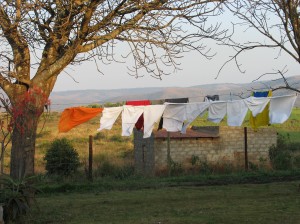
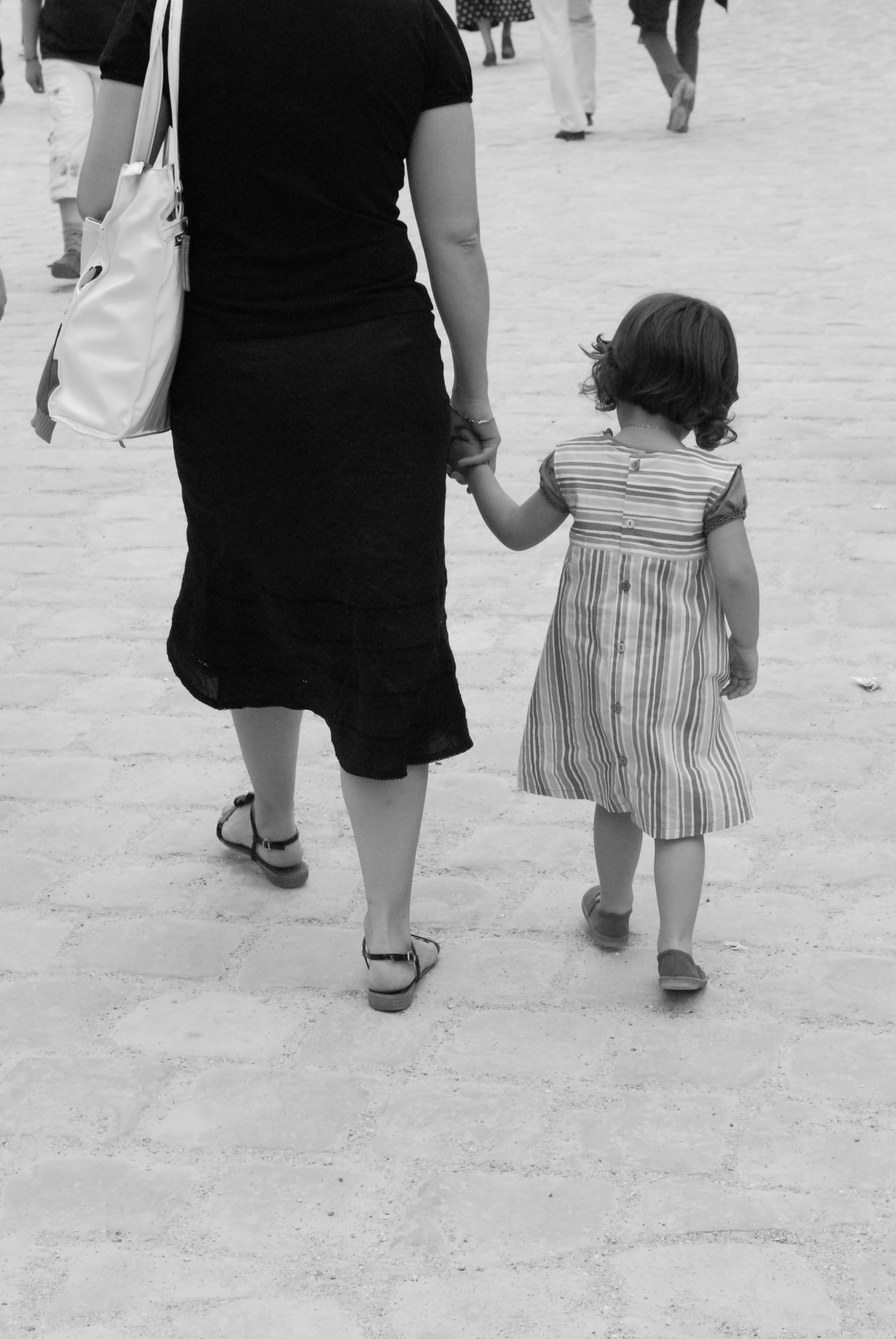
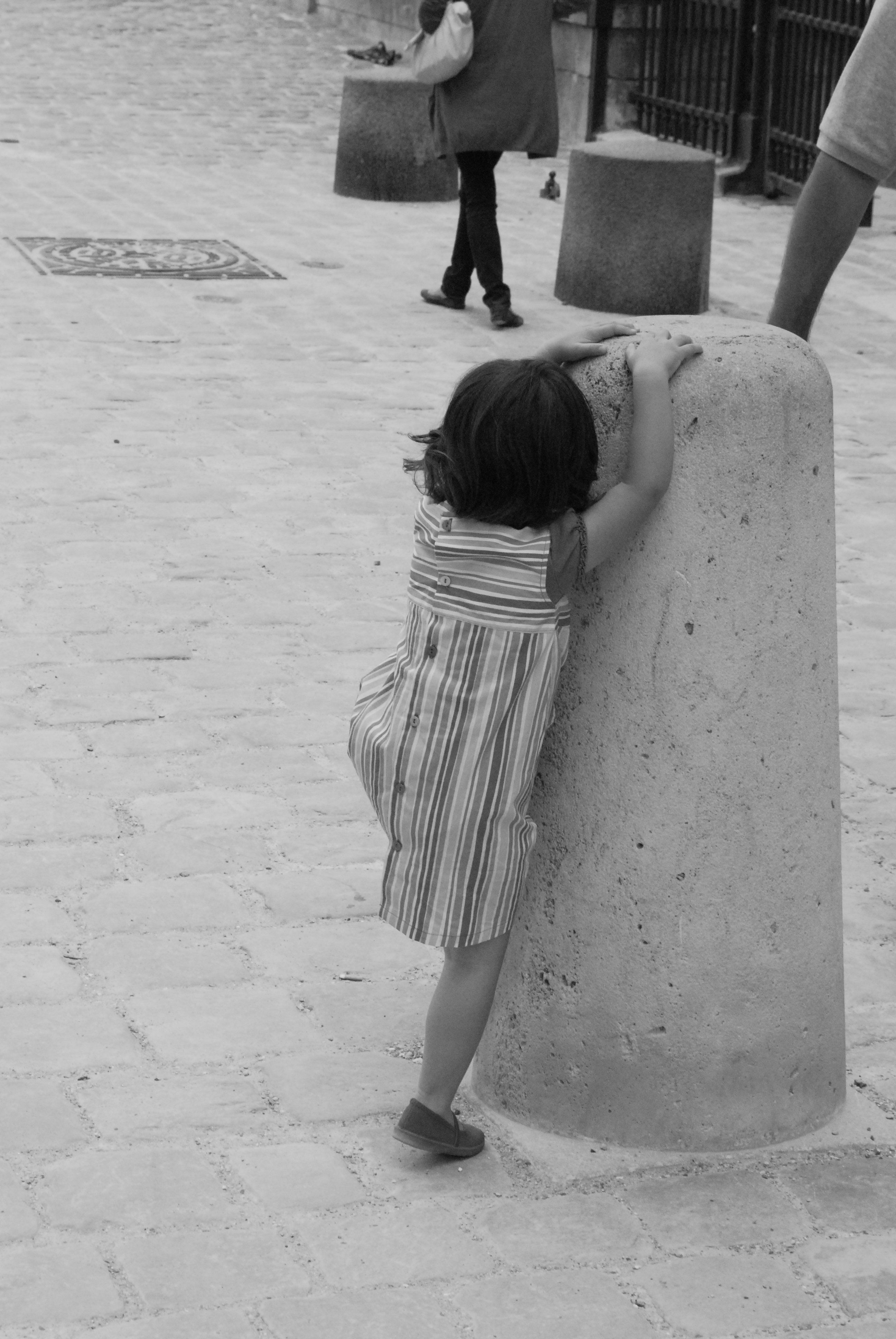
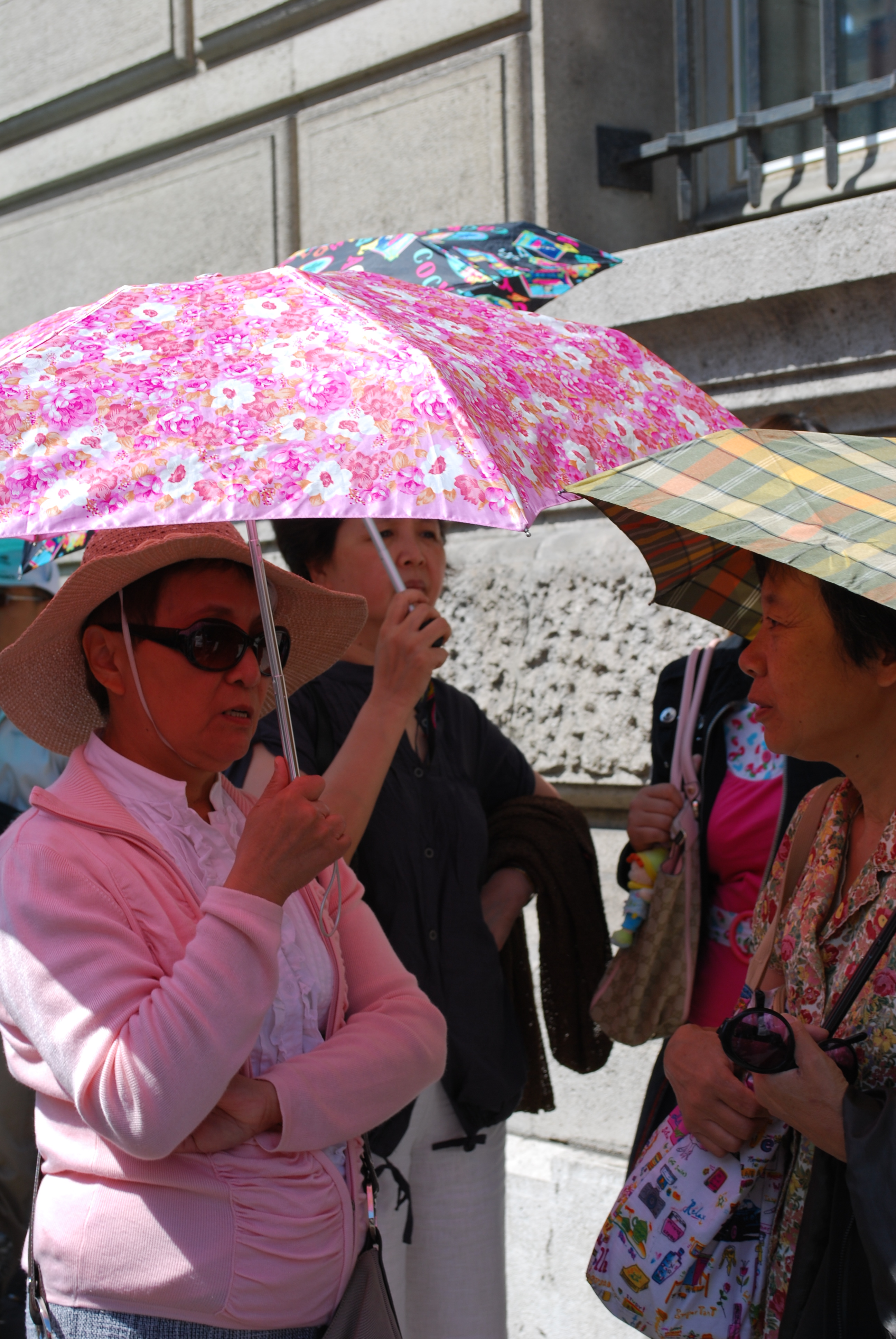
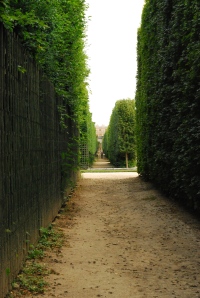

![sb10066414y-001[1] (1)](https://nuntucksalmanac.files.wordpress.com/2011/03/sb10066414y-0011-1.jpg?w=298)





